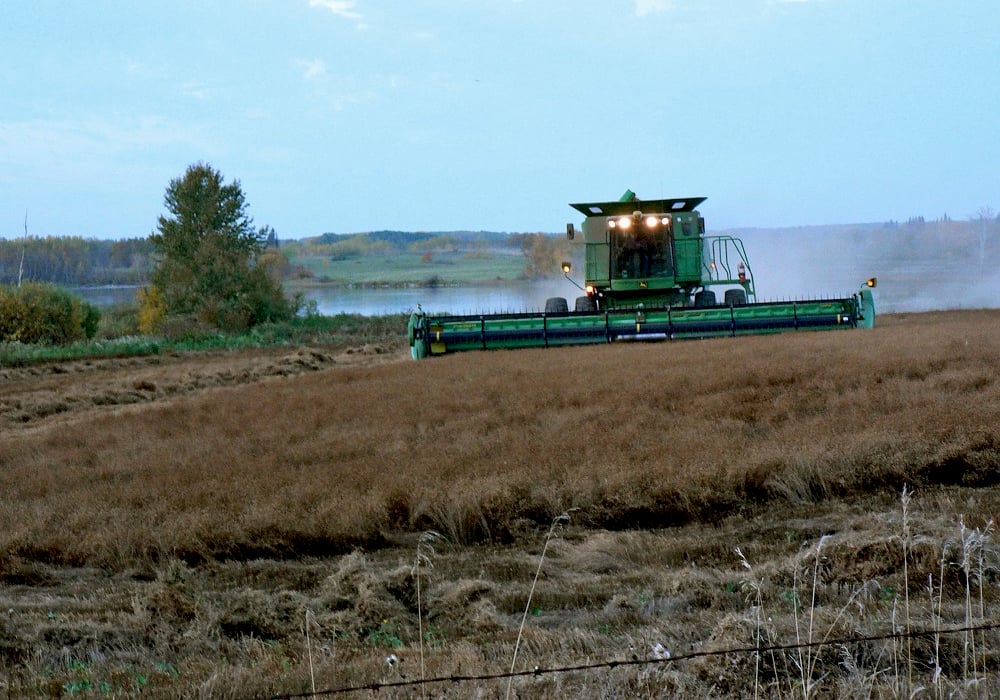Beekeepers in Ontario have upped the ante in the ongoing fight over neonicotinoids.
Two beekeepers have launched a class action suit against Bayer CropScience and Syngenta to recover losses caused by the widespread use of neonicotinoid insecticides.
Sun Parlor Honey Ltd. and Munro Honey are the plaintiffs in the suit, which was filed Wednesday on behalf of apiarists across Ontario.
The lawsuit claims that neonicotinoids, which are applied as seed treatments to the majority of corn, canola and soybean crops in North America, have cause bee deaths, impaired reproduction, hive loss, reduced honey production, loss of queen bees and compromised honey quality.
Read Also

Most of Manitoba harvest wraps up for 2025
Manitoba Agriculture issued its final crop report of 2025, showing the overall provincewide harvest at 97 per cent complete as of Oct. 20. Nearly all major crops have finished combining, with 37 per cent of Manitoba’s sunflowers finished, plus 71 per cent of grain corn and small amounts of soybeans and potatoes left to do.
The class action is claiming $450 million in damages to the province’s bee industry, with $400 million in general and specific damages and $50 million in punitive damages. The beekeepers are seeking compensation for financial losses dating back to 2006.
“While the OBA (Ontario Beekeepers’ Association) is not directly involved in this action, we support any effort that could help beekeepers,” said Tibor Szabo, OBA vice-president in a media release. “This action puts the blame where it belongs — on the pesticide manufacturers.”
The Canadian Association of Professional Apiculturists reported this summer that Ontario beekeepers lost 58 percent of their hives over the winter, the highest rate of dead or unproductive colonies in Canada.
Last September, Health Canada’s Pest Management Regulatory Agency said the current use of neonicotinoid seed treatments on corn and soybeans is unsustainable because insecticide-laden dust was killing bees during spring planting.
CropLife Canada, which represents Syngenta, Bayer CropScience and other crop protection companies, has said the industry and regulators have taken action to reduce the risk of exposing bees to neonics at seeding time.
Producers must now use a dust reducing lubricant for neonic treated seed and some farmers have implemented best management practices to prevent bee deaths.
CropLife has also said that a multitude of factors, including parasites and disease, have an impact on hive health and blaming neonicotinoids for all bee losses is unreasonable.















